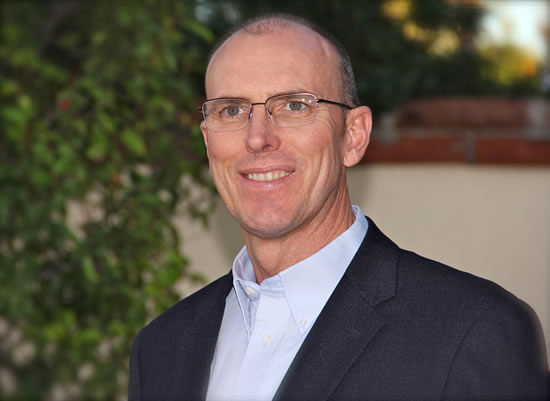The Superb Contributions of Chapel Haven West to People on the Autism Spectrum
By Adam Sugerman, Publisher, Education Update

Ken Hosto
Before the economic downturn in 2008, it was common for high school age teenagers to look forward to becoming independent, renting their own apartment, going away to college, finding a fulfilling job, and pursuing a career with purpose. Setting economic realities aside, leaving home at 18, for most American teenagers, still is a gargantuan leap toward adulthood, which could be a shocking experience, with responsibilities that are often enforced through the “school of hard knocks.”
For young adults on the autism spectrum or with related social disabilities, this leap is more daunting than climbing Mount Lemmon, the towering 9,159 foot tall sky island north of Tucson. Thankfully there are institutions that assist young adults in the transition.
One of our nation’s most successful capstone programs is in the shadows of the University of Arizona. Chapel Haven West provides the academic and social framework that people need to learn and apply in order to live safely and successfully in a world that oftentimes misunderstands them. According to Executive Director Kenneth Hosto, the various programs are tailor-made for each participant. During the initial family visit, the family and team members—speech and language pathologists, special education teachers, among others—review school records from Individualized Education Plans, talk with and observe families, and assess each individual’s needs. Once participants enter a Chapel Haven West program, the type of support may change depending on the dynamic situations that people encounter.
Chapel Haven West offers several options, such as a two-year residential program, continuing education for Chapel Haven West graduates and people already living in the Tucson area, a bridge program for adults who need additional encouragement beyond the two years, and a supported living program for life skills, employment, or education.
Both residents and day participants attend classes at the University, facilitated by U of A faculty and graduate student interns from the Speech-Language Pathology program, receive small-group and individual therapy, and take part in weekend recreation activities, such as hiking and grilling outside. Residents live in an apartment complex community with an outdoor swimming pool within walking distance or a short drive to the college. The residents either have their own 1- bedroom apartment or share a 2-bedroom unit. Day participants might live close to campus independently, or with their families in the Tucson area.
To prepare participants for professional life, Chapel Haven West has allied itself with several organizations in the area, such as The Home Depot and the Veterans Administration, to facilitate paid and volunteer internship programs. Depending on their needs, participants could also take pre-requisite courses at Pima Community College as well as at the U of A for an eventual college degree.
For people in the two-year and extended residential programs, helping participants to develop daily habits is important. The regimented schedule includes time for waking up, showering, eating, and taking medications (if necessary), and is followed by a morning group session, time to prepare for and travel to class, and then the main classes themselves, which depending on the day, could be social communicative competency, time and organizational skills, pre-employment skills, personal awareness, understanding finances, or maintaining relationships.
Social communicative competency instruction works on adults’ expressive and receptive language skills, helping them to establish and maintain relationships, solve breakdowns in social communication, and consider the perspective of others. Teacher and facilitator Kelli Foreman, for example, leads discussions on facial expression, body language, eye contact, and other nonverbal communication. According to Ms. Foreman, students’ progress is appreciated during the year. At the beginning, for example, some students are more introverted, but show outward signals of anxiety biting nails. Through the year, the cohort becomes more open and confident. Participants discuss and role play scenarios that affect communication in mainstream milieu. Students participate in a non-threatening way in which all students feel the freedom to make positive contributions to the discussions, to disagree, and to give and receive constructive criticism. For students with outward signs of stress, other students show support and encouragement, signs that the lessons on empathy learned in other classes are internalized and being applied to this situation.
In the afternoon, participants take additional classes at the University, do their homework, exercise or play sports at the University’s Recreation Center, and have time to relax. In the evenings, residents learn life skills to maintain a home, such as learning to cook dinner and clean a kitchen, bathroom, living room, and other common areas of a home, and participating in community social activities such as watching and discussing movies. A typical day for a resident starts as early as 7:00 am and ends as late as 10:30 pm.
Adults on the spectrum should not have to live on their own “sky island” if they and their families don’t choose to. Chapel Haven West provides a safe environment in which participants learn and apply the necessary skills for their independence. #
